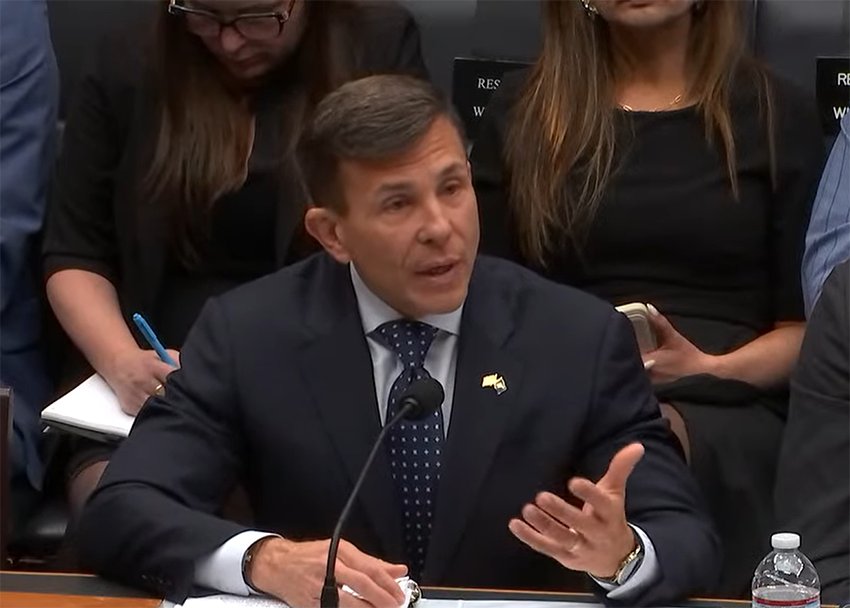The Federal Trade Commission (FTC) on Sept. 1 settled a lawsuit that was threatening to “chill investment, with predictable and unwelcome results for innovation and drug development,” according to an amicus brief filed by the Biotechnology Innovation Organization (BIO).
The FTC had sued to block Amgen from acquiring Horizon Therapeutics, even though the merger did not fit the usual FTC criteria for preventing such a deal.
On Sept. 1, Amgen announced the settlement to end the suit, saying it “will have no impact on Amgen’s business.”
BIO chose to file the amicus brief because it believed the FTC’s overreach in preventing mergers of pharmaceutical firms would harm the industry and innovation, according to BIO Deputy General Counsel John Delacourt.
In drug development, “it is often logical for small innovators to be acquired by a larger firm,” Delacourt said. “As representatives of the biotechnology industry, we are concerned about the Commission’s current direction, which will bog down M&A activity in a cloud of regulatory uncertainty.”
The amicus brief filed Aug. 24 contends that BIO’s members would be harmed by any decision that impedes, or casts doubt on, the biotech deal-making that is essential to life-saving innovations.
“The biopharmaceutical industry depends on dynamic merger and acquisition activity to innovate, to distribute risk and capital, and to develop and bring cutting-edge treatments and cures to patients globally,” said BIO’s amicus brief. “Unfortunately, recent cases—including this one—suggest that the Commission is inexplicably diverting from its time-tested focus on competitive overlaps and evidence of consumer harm.”
The last few years had featured healthy merger activity that helped the biotech industry grow, but the FTC recently changed that by altering its approach, according to Carlo Passeri, BIO’s Vice President of Capital Markets and Financial Services.
“For us, the chilling effect can really be seen in the data so far this year,” he told Bio.News. “You see things steadily escalating, and all of a sudden—bam! There’s a significant contraction in activity, from larger companies doing deals with smaller companies and from venture capital rounds. And to an extent that can be explained by the chilling effect the FTC has had in their approach to mergers and acquisitions in our space so far this year.”
The FTC’s new approach made BIO feel it needed to file its amicus brief to defend the industry’s track record of success, according to Delacourt.
“This innovation ecosystem, typically centered on M&A or licensing between a large company and smaller one, has proven more successful than anyone could reasonably hope,” according to the brief. “In the U.S., this model produces more new drugs each year than the rest of the world combined, including new gene therapies, vaccines, and biologics.”




